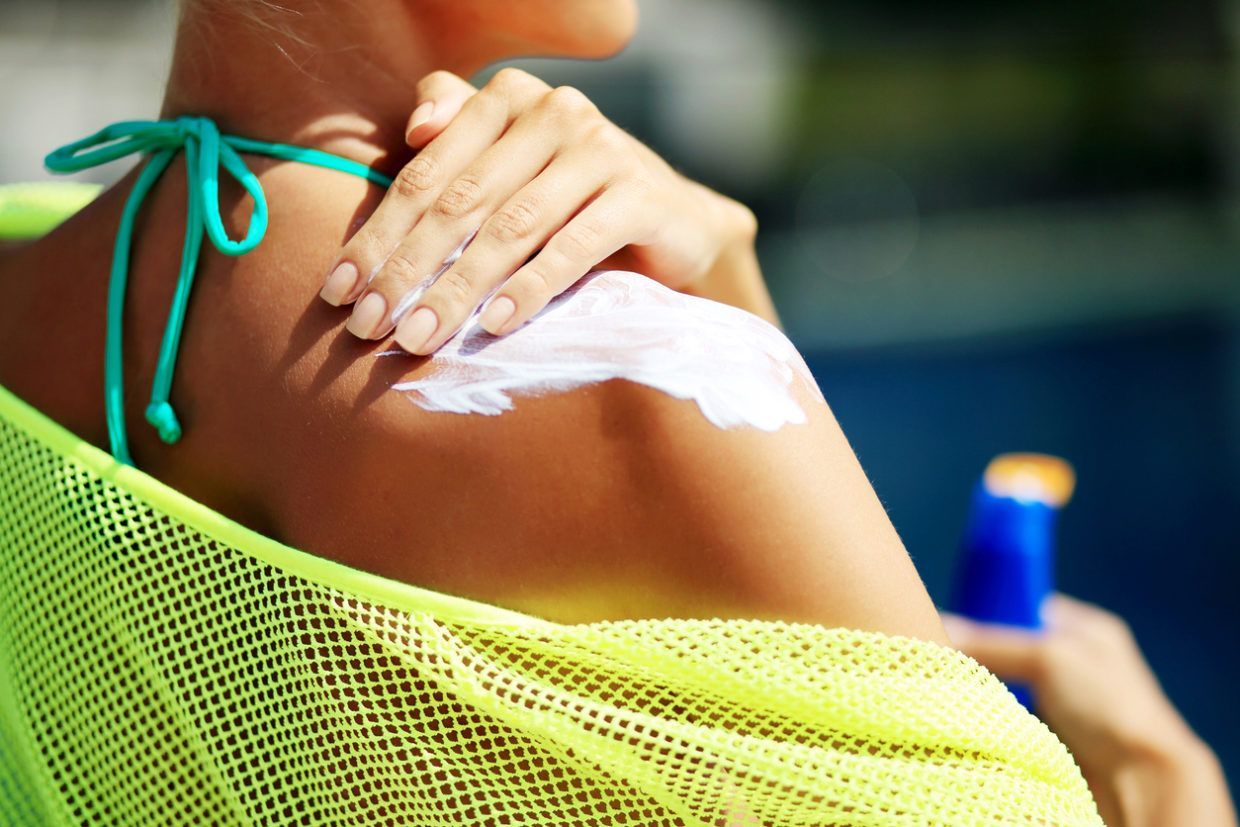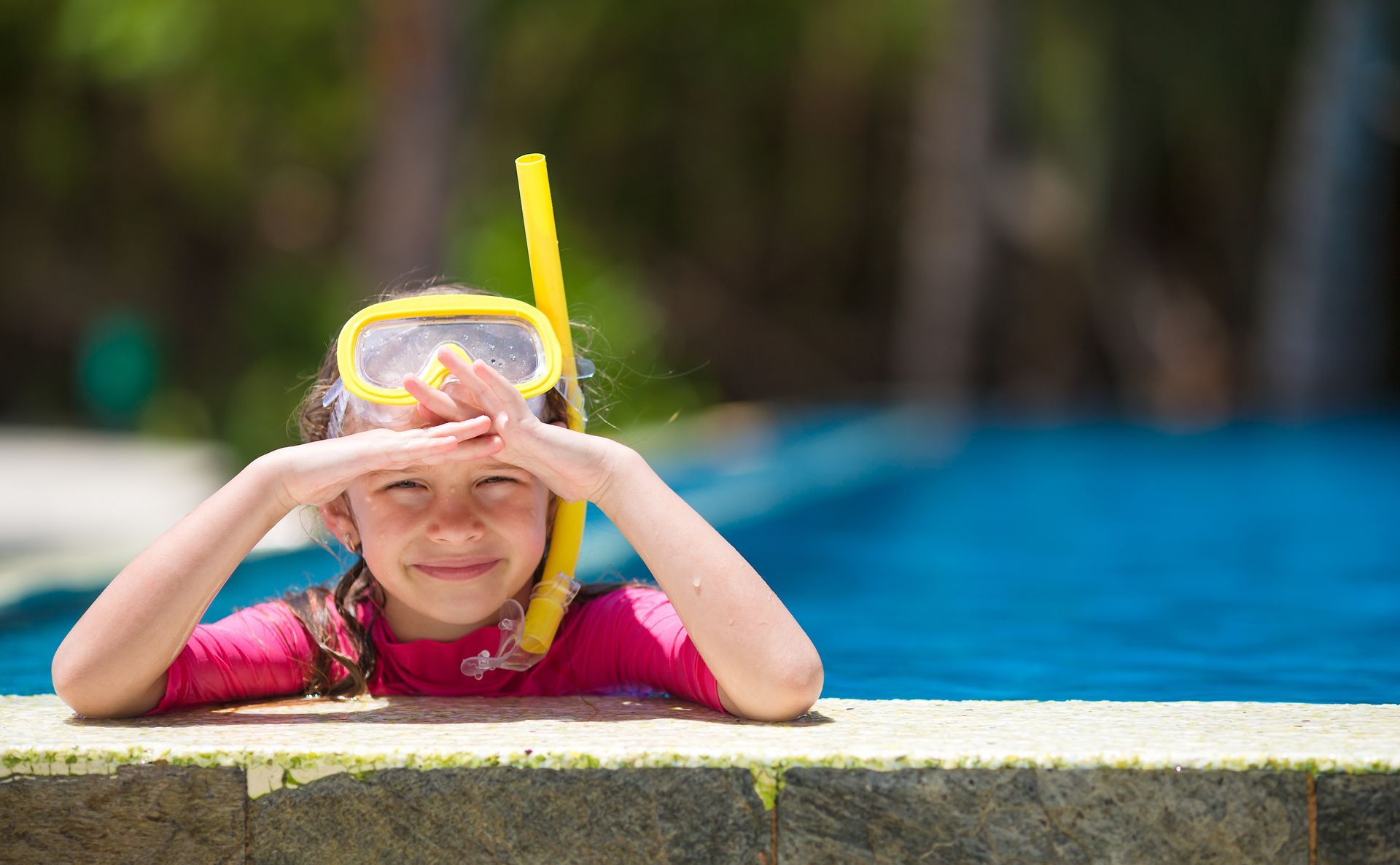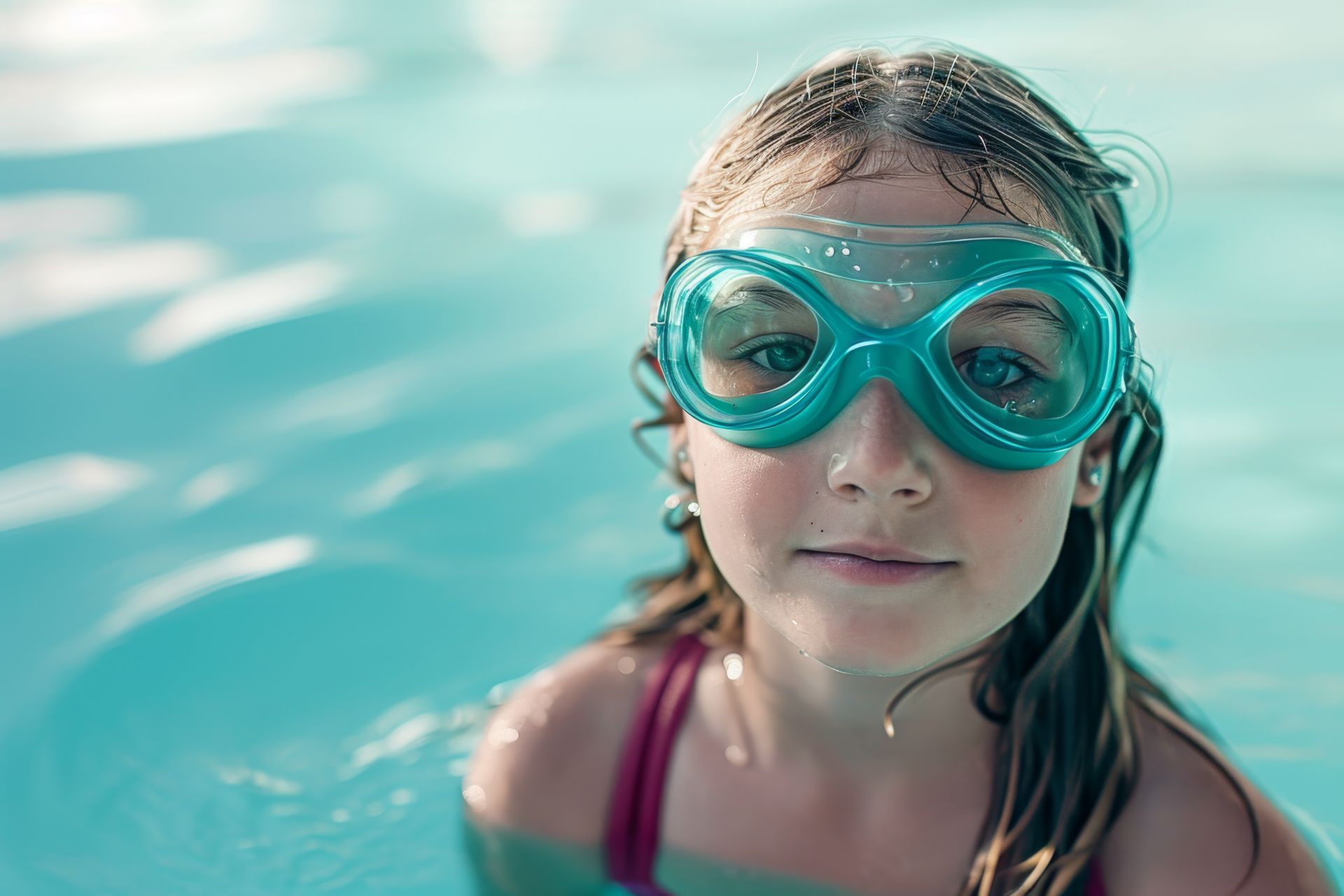I’m Already Tan – Do I Really Need to Wear Sunscreen When I Go Swimming?

You’ve probably heard plenty of times that wearing sunscreen is important. The most obvious reason for wearing it is that it protects you from getting sunburnt. That’s not the only way to avoid getting painfully sunkissed though. If your skin is tanned, the chances of you burning go down, decreasing as your skin darkens. So do you still need to wear sunscreen?
What a Tan Actually Is
To answer that question, it helps to first understand what a tan actually is. Skin tans because your body is trying to protect itself from being burned by the sun. Exposure to UVB rays prompts your body to produce melanin, which is what pigments the skin. The extra color provides a measure of protection from harmful sun rays. These rays also help with vitamin D production, but at the cost of damaging your DNA. That damage is what triggers melanin production. UVA rays, on the other hand, stimulate the release of existing melanin, rather than its production.
What Tanning Does Over Time
Tanning may help your skin look attractive short term, but it tends to have detrimental impacts in the long term. Because tanning is the result of exposure to UV rays, you’ll have to deal with the consequences of that exposure. UVA rays in particular tend to age the skin more quickly, though UVB rays also have this effect. It’s just slower. Both cause uncomfortable burns, are carcinogenic, and either directly or indirectly do damage to DNA.
What Protection Sunscreen Provides
The long and short of it is that if you want to protect your skin’s health and youthful appearance, sunscreen is a must. Nearly all sunscreens provide protection against UVB sun rays, though the degree of protection is based on their SPF. Naturally, higher SPF ratings offer greater protection, provided they’re broad spectrum. Look for sunscreens that specify that they’ll protect you from both UVA and UVB sun rays. These sunscreens will help keep you safe from the damaging effects of UV rays.
Even if you have tan skin, you’re still vulnerable to the damage done by the sun’s UV rays. Darker skin doesn’t make you immune to skin cancer or DNA damage. Because of this, it’s important to wear sunscreen, especially when you go swimming. Remember, water can reflect sun rays, increasing your risk of developing a sunburn. Even if you’re already tan, the best thing you can do for your skin is to slather on some sunblock.
Your skin isn’t the only part of you that can become damaged while swimming. Your hair can suffer too. Read this next: How to Protect Your Hair from Chlorine Damage .
The post I’m Already Tan – Do I Really Need to Wear Sunscreen When I Go Swimming? appeared first on Swim Jim.







